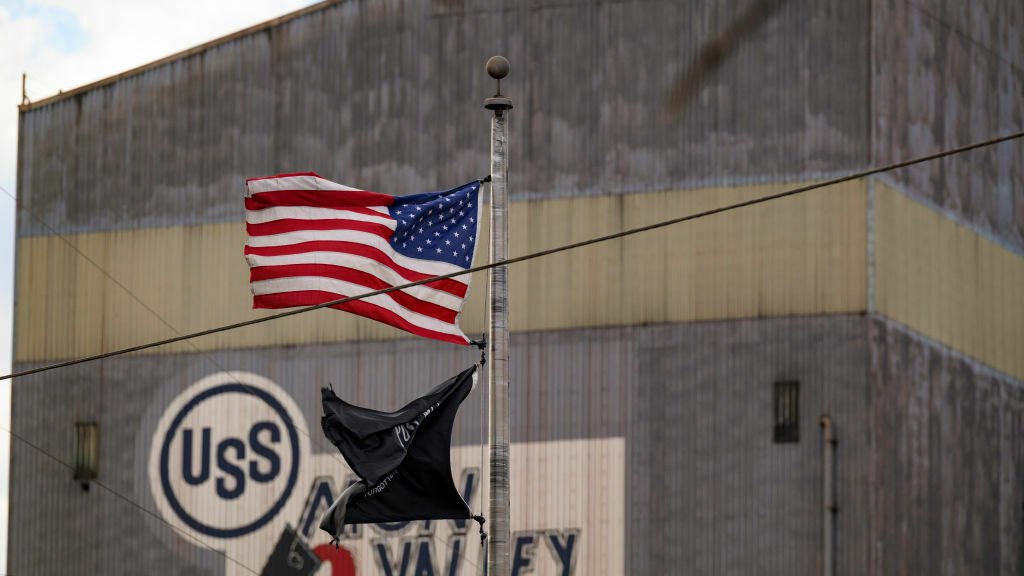A general view of the exterior of the U.S. Steel Edgar Thompson Works, on March 20, 2024 in Braddock, Pennsylvania.
Jeff Swensen/Getty Images
hide caption
toggle caption
Jeff Swensen/Getty Images

A general view of the exterior of the U.S. Steel Edgar Thompson Works, on March 20, 2024 in Braddock, Pennsylvania.
Jeff Swensen/Getty Images
When news broke that a Japanese company, Nippon Steel, was buying the storied American steel company U.S. Steel, it was still 2023, just before an election.
And right away, politicians from both sides of the aisle came out forcefully against the deal, saying the company should remain American. Before leaving office, President Biden even blocked the sale.
But in a dramatic twist a few weeks ago, President Trump approved it. With a caveat: the United States would get what Trump called ‘a golden share’ in U.S. Steel.

The deal gives President Trump — and an obscure government committee called CFIUS — an unusual amount of power in what happens next at U.S. Steel. For example, Nippon can’t close factories or cut salaries without Trump’s signoff. The U.S. government can even appoint a member to Nippon’s board.
On our latest show: what even is a “golden share”? When has it been used before, and why? And, could deals like this be a good way to get foreign investment in American manufacturing…or is it government overreach?

This episode was produced by Willa Rubin and edited by Marianne McCune. Research help from Emily Crawford and Emma Peaslee. It was fact-checked by Sierra Juarez and engineered by Robert Rodriguez. Alex Goldmark is our executive producer.
Support Planet Money, get bonus episodes and sponsor-free listening and now Summer School episodes one week early by subscribing to Planet Money+ in Apple Podcasts or at plus.npr.org/planetmoney.
Listen free at these links: Apple Podcasts, Spotify, the NPR app or anywhere you get podcasts.
Find more Planet Money: Facebook / Instagram / TikTok / Our weekly Newsletter.
Music: Universal Music Production – “With It,” “Heat,” and “Prisms.”

